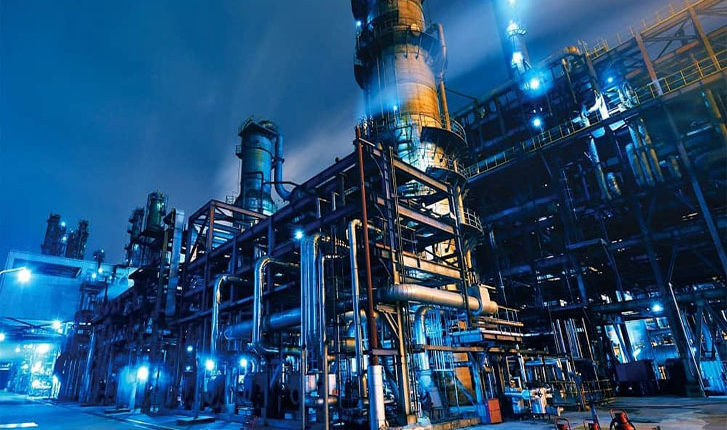President Bola Tinubu has directed all holders of dormant oil assets across the country to immediately reactivate them to ramp up dwindling crude oil production and crude oil revenue.
The directive was conveyed to oil and gas operators by the Minister of State Petroleum Resources (Oil), Heineken Lokpobiri, on Tuesday, at the ongoing 2025 Nigeria Oil and Gas Energy Week in Abuja.
According to the minister, reactivation of the oil assets towards productivity will not only lead to growth in the oil sector but also sustain investments in capacity building.
He said the government was determined to maximise oil production by ensuring that only serious investors retain access to Nigeria’s hydrocarbon resources.
The Federal Government had set a crude oil production target of 2.1 million barrels per day, and roughly N84.67 trillion crude oil revenue in its 2025 budget. This is based on an oil price of $75 per barrel.
However, the country has been struggling with its oil production, with output hovering around 1.4 million barrels per day.
Crude oil and condensate production climbed to 1.63 million barrels per day in May from 1.61mbpd in April.
“To sustain growth in our oil industry, we must first sustain our investment in capacity building. The recent wave of asset divestments and the subsequent increase in production volumes underscore a critical truth: we have the indigenous capacity to grow this industry.
“I emphasised this point while declaring open the #NOGEnergyWeek, where I posed a central question to operators: What is the solution to ramping up production?
“This is not just a rhetorical challenge, it is a call to action, one that speaks to our collective responsibility in meeting both domestic energy needs and international commitments.
“In my address, I urged all operators to ensure every asset under them is active and productive. This is not a suggestion but a directive from President Bola Ahmed Tinubu, and it must be treated with the urgency and gravity it deserves,” Lokpobiri said.
“Therefore, I called on all stakeholders to embrace a new mindset, one that is value-driven and innovation-led.
“We must do something new, something bold, something that directly translates to increased production.
“With Nigeria now having met both her legal and financial obligations for the commencement of the African Energy Bank (AEB), we stand at the threshold of improved access to funding for investors and operators alike.
“This new financing window is expected to catalyse robust economic growth, not just for the energy sector, but for our nation as a whole,” he added.
Nigeria’s crude oil reserves are estimated at 37.28 billion barrels as of January 1, 2025, according to the Nigerian Upstream Petroleum Regulatory Commission (NUPRC). This includes 31.44 billion barrels of proven and probable (2P) crude oil and 5.84 billion barrels of condensate.
However, the country’s oil production levels have been affected by factors like pipeline vandalism, theft, and terminal shutdowns.
The challenges have not only led to shortfalls in locally targeted output, but Nigeria has also been unable to meet its OPEC’s 1.5 million barrels per day quota.








